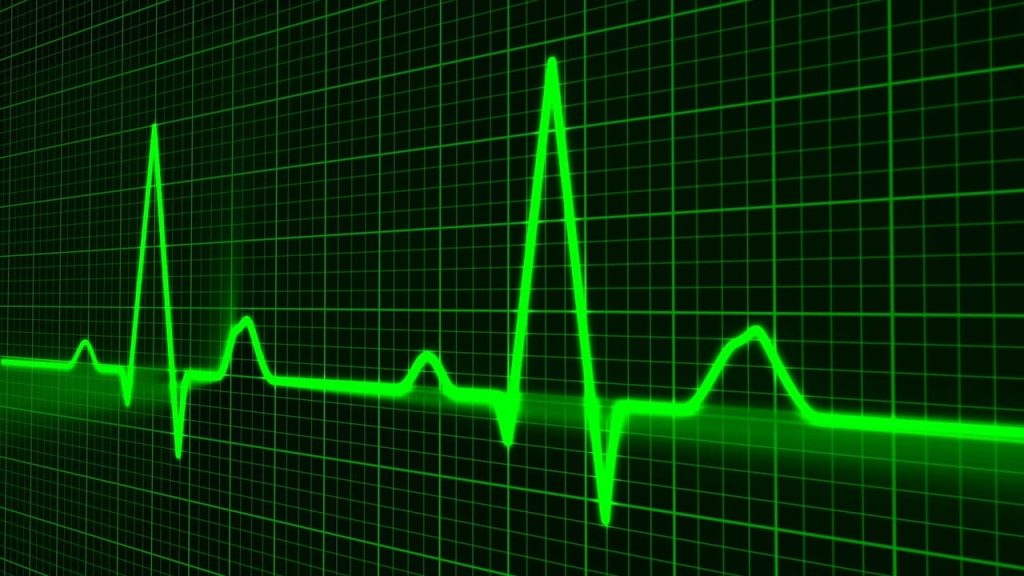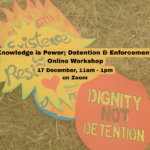
There are cases in which arguments about respecting your human rights will be helpful in an immigration application to stay in the UK. This blog is about human rights applications that are based on medical cases.
Human rights in the UK are protected by the Human Rights Act, which implements in UK law the rights set out in the European Convention on Human Rights (to which the UK is signatory). This means that a legal challenge can be brought against the UK government if it can be argued that it is breaching the rights protected in the Human Rights Act.
The two articles of the Act that are generally applied to medical cases are Articles 3 and 8:
Article 3: No one shall be subjected to torture or to inhuman or degrading treatment or punishment. This is an absolute right, which means it cannot be breached in any circumstances.
Article 8: The right to family and private life. This is not an absolute right, so cases based on Article 8 need to show that there is or would be a disproportionate breach of this right. Interference with private and family life can only be made when it is ‘necessary in a democratic society’: for example, in the interests of national security, public safety or the economic well-being of the country, for the prevention of disorder or crime, for the protection of health or morals, or for the protection of the rights and freedoms of others.
What is a ‘medical’ case?
In this context, a medical case is about someone seeking the right to stay in the UK because they need medical treatment that is not available to them in their country of origin.
These cases are usually argued as human rights cases because removing the person from the UK would breach their human rights. For example, because they may die if they are not able to get the medical treatment they need, or their quality of life would be so poor it would breach their human rights.Generally, these cases are not asylum cases, because they do not involve persecution. There may be exceptions to this, for example if someone is denied medical treatment because of their ethnicity or political activity. Or, other international protection may be relevant if medical treatment is not available because of civil war, outbreaks of violence or humanitarian disaster. This legal update, however, is not considering these types of scenarios.
Article 3
The threshold for Article 3 medical cases is very high. This has been set by case law. Case law is previous cases determined on similar issues that are a guide to how new cases should be decided. You can learn more about understanding case law in our explainer video here.
These cases are extremely upsetting as the current case law means it can be legal to remove people to their likely death.
In a 2016 case at the European Court of Human Rights, called Paposhvili it was determined that Article 3 may be breached in medical treatment cases if someone, “although not at imminent risk of dying, would face a real risk, on account of the absence of appropriate treatment in the receiving country or the lack of access to such treatment, of being exposed to a serious, rapid and irreversible decline in his or her state of health resulting in intense suffering or to a significant reduction in life expectancy”.
The impact of this case on UK immigration law was clarified in a 2020 Supreme Court case called AM (Zimbabwe), which you can read about here, and here. In this case, the Supreme Court clarified that Article 3 prevents the removal of a seriously ill person if there is real risk of them experiencing rapid and irreversible decline in health which results in decline in life expectancy.
In 2022, the case ‘AM’ was in the Upper Tribunal again, and this time the court set out the principles by which the courts would consider Article 3 claims:
- Has the person given evidence to show they are a ‘seriously ill person’? The burden of proof is on the individual facing removal. You can read more about burdens of proof here.
- Has the person given evidence which demonstrates that ‘substantial grounds have been shown for believing that as a seriously ill person, they would face a real risk because of the lack of appropriate medical treatment or availability, of being exposed to ‘serious, rapid and irreversible decline’ in their health resulting in ‘intense suffering’ or ‘a significant reduction in life expectancy’.
In the case of HA in 2022, the Upper Tribunal considered the case of an individual who was at risk of suicide on return to his country of origin, due to mental ill health. The court found that there was ‘only’ a moderate risk of HA taking his own life if he was returned to Sri Lanka, so this did not meet the high threshold under Article 3. But the Upper Tribunal suggested that mental illness and suicide risk might be combined with Article 8 factors.
The case of THTN in 2023 sets out the process that should be followed when deciding Article 3 cases. The Court of Appeal set out that the Home Secretary must assess the strength of the evidence, and if it is strong there are substantial grounds for believing that treatment is not available in the returning state, the Home Secretary must then obtain relevant country information.
Article 8
To succeed in a medical case based on Article 8, you need to show that the interference with your right to family and/or private life was disproportionate: that your need to stay in the UK and access healthcare outweighs the UK government’s right to control immigration and protect the economic well-being of the UK (by limiting the amount of public money spent on free healthcare).
You would need to demonstrate the severe consequences of not receiving the medical treatment – not to the extent of Article 3 cases – but still a high level to meet.
Successful Article 8 medical cases have a strong family/private life element to them – you need to show the strength of your family/private life here in the UK and not just evidence the lack of healthcare in your country of origin.
Why not Article 2?
Article 2 of the Human Rights Act relates to the right to life. Although at first this would seem a sensible right to argue in medical cases, given that in most cases you are saying you would die if returned to your country of origin, Article 2 is not actually useful in these cases.
This is because, as Paul Erdunast points out in this Free Movement blog post that:
Article 2 only protects people from death inflicted at the hands of the state or non-state bodies. A state does not violate Article 2 insofar as it lacks the medical capability to treat certain diseases. Therefore, removing a person to such a country would not be a breach of their right to life.
Legal representation
In the UK, legal aid is available for asylum claims, but is not available in England and Wales for legal advice or representation in non-asylum immigration matters. In terms of legal aid, an “asylum claim” also includes humanitarian protection claims (on the basis of a real risk of serious harm/indiscriminate violence) and claims based on Articles 2 and 3 of the European Convention on Human Rights (the right to life; and the right not to be subject to inhuman, degrading treatment/torture).
If you are in England or Wales and you have a very strong medical case that could be argued on Article 3 grounds, you should be entitled to legal aid (free legal advice and representation) for your case. If your case is based on Article 8 only (and you are in England or Wales), you are unlikely to be able to get a legal aid lawyer to take on your case. If you are in Scotland or Northern Ireland, you will be eligible for legal aid in either case.
If you are unable to get a legal aid representative, other options may be exceptional case funding, a lawyer taking on the case ‘pro bono’ (for free), or paying for (or fundraising for) private legal advice. Read more about lawyers and legal advice here in our Toolkit.
Thinking about evidence
If you have a lawyer, they will make the legal arguments for your case but they may ask you to help get evidence for your case, particularly to prove the extent of your family and/or private life in the UK.
If you don’t have a lawyer, you and/or your friends, supporters will have to try and get this evidence yourself.
To succeed in a medical case, you will need high quality medical and expert evidence to show that the treatment you need is not available in your home country and what would happen if you were removed. You will need to provide evidence about your condition and the treatment you have received in the UK, and your likely prognosis (both in the UK and if returned to your country of origin).
For Article 8 medical cases, you will also need to demonstrate your family/private life in the UK. This might include witness statements or supporting letters from family or community members, and other evidence demonstrating the length and depth of your connection to the UK.
For more information on how the Home Office considers Article 3 and Article 8 cases, read this guidance from the Home Office here.















Discussion: